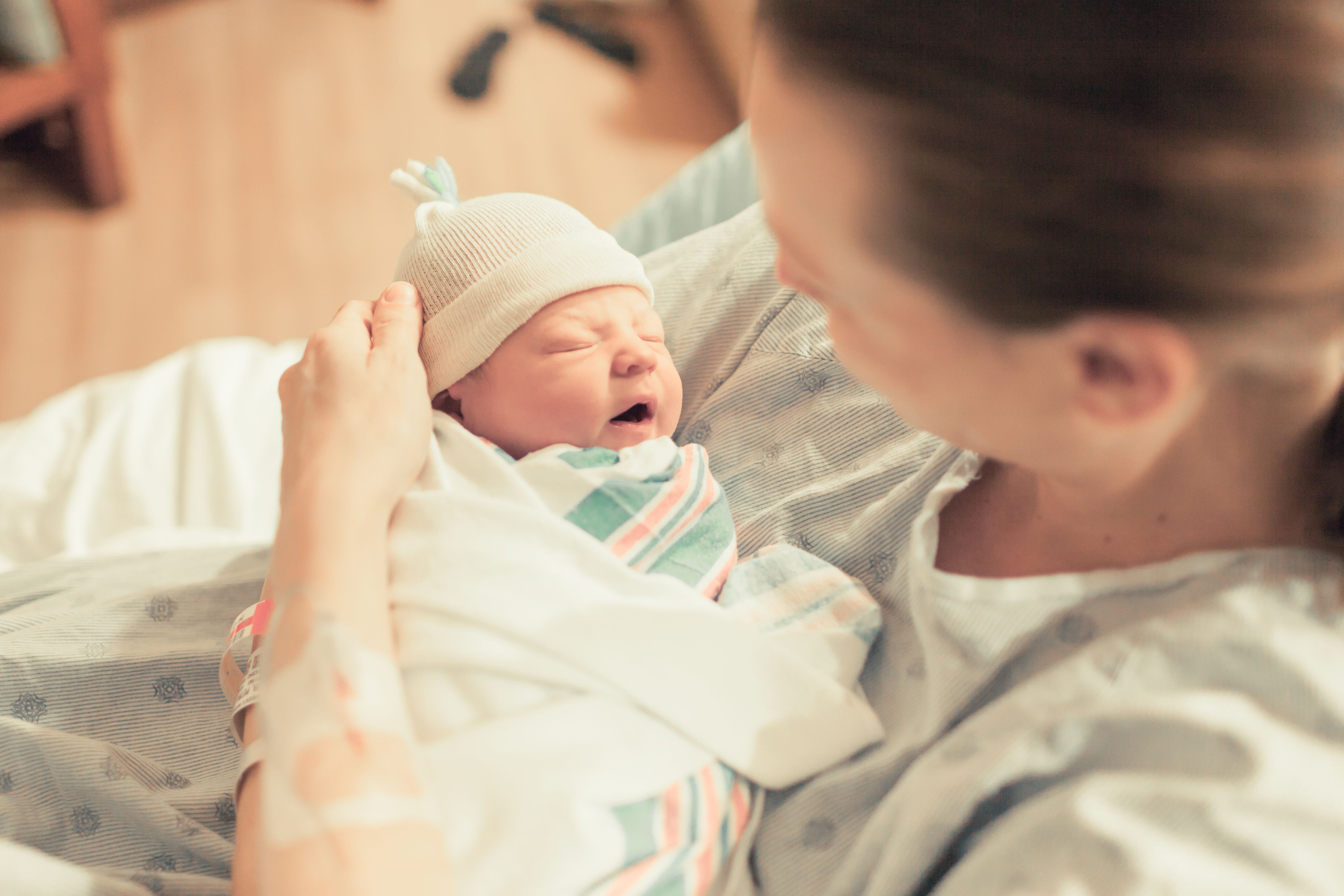Buprenorphine linked to improved outcomes for pregnant women with OUD and their infants
A recent study found reduced preterm birth, complications, and NICU use in large Tennessee Medicaid cohort.
Buprenorphine treatment linked to improved outcomes for pregnant women with OUD and their infants | Image Credit: © kieferpix - stock.adobe.com.

Pregnant women living with opioid use disorder (OUD) who received buprenorphine had significantly better health outcomes for themselves and their newborns, according to a new study from Vanderbilt University Medical Center and Emory University’s Rollins School of Public Health.1,2
The findings will be presented at the Pediatric Academic Societies (PAS) 2025 Meeting, held April 24–28 in Honolulu, Hawaii, and are based on a retrospective cohort analysis of over 14,000 pregnant women with OUD enrolled in Tennessee Medicaid between 2010 and 2021.
Improved maternal and neonatal outcomes
The study found that mothers treated with buprenorphine during pregnancy had notably better outcomes. These women were less likely to experience serious maternal morbidity or have a preterm birth, and their infants were less likely to require neonatal intensive care unit (NICU) admission.
Specifically, buprenorphine treatment was associated with:
- A 37% lower adjusted risk of preterm birth (adjusted relative risk [aRR] 0.63, 95% CI 0.60–0.67)
- A 20% lower adjusted risk of maternal morbidity (aRR 0.80, 95% CI 0.69–0.92)
- A 22% lower adjusted risk of NICU admission (aRR 0.78, 95% CI 0.74–0.82)
The analysis adjusted for demographic, clinical, and geographic factors.
“We know that treatment with medications like buprenorphine substantially reduces the risk of overdose death for pregnant women with opioid use disorder, but its benefits to newborns have not been well understood,” said Stephen Patrick, MD, MPH, senior author and chair of the Department of Health Policy and Management at Emory. “We found a profound reduction in preterm birth among infants whose mothers were treated with buprenorphine, which can have a lifelong impact.”
Low treatment rates despite rising prevalence
Although the number of pregnant women diagnosed with OUD increased more than 5-fold from 1999 to 2017, researchers noted that treatment remains underutilized. More than half of pregnant women with OUD do not receive any form of medication-assisted treatment during pregnancy.
Prior research estimates that as many as 20% of pregnant women with OUD deliver preterm, nearly double the rate observed in the general population. Preterm birth remains a leading public health concern, increasing the risk of long-term complications such as respiratory issues, infections, cerebral palsy, developmental delays, and sensory impairments.
Disparities in access and outcomes
The study also highlighted persistent disparities in access to treatment. Among the pregnant women in the cohort, those who received buprenorphine were significantly less likely to be Black, suggesting systemic inequities in treatment access.
“Disparities in access to buprenorphine significantly affect vulnerable populations, including pregnant women,” said Sunaya Krishnapura, a graduating medical student at Vanderbilt University School of Medicine and the study’s presenting author. “Our findings underscore the urgent need for policies that expand treatment access in the United States to ensure a healthy pregnancy and future for mothers and infants.”
The authors call for efforts to expand equitable access to evidence-based treatment for OUD, particularly among historically underserved groups. They note that improving access to buprenorphine has the potential to reduce preventable complications in both mothers and infants.
References:
1. Krishnapura S, McNeer E, Loch SF, et al. Association between buprenorphine treatment for maternal opioid use disorder and maternal-infant outcomes. Abstract. Presented at: 2025 Pediatric Academic Societies Annual Meeting. Honolulu, Hawaii.
2. Pediatric Academic Societies. STUDY: Opioid use disorder treatment improves pregnancy outcomes. Press release. April 25, 2025. Accessed April 25, 2025.